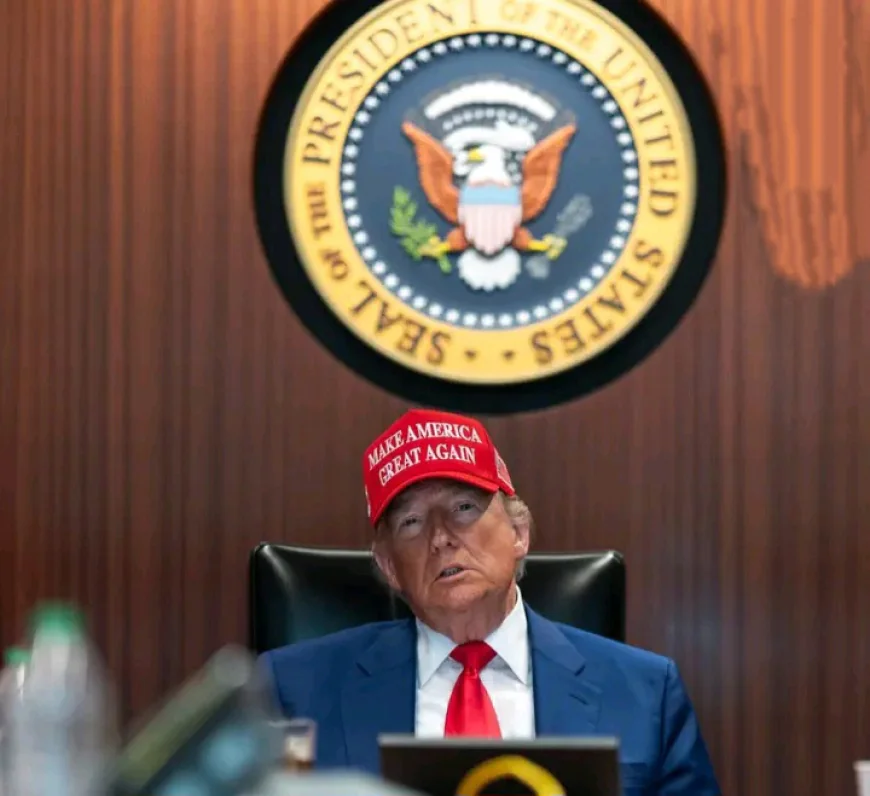U.S. slaps $250 ‘visa integrity fee’ on non-immigrant applicants from Oct 1
Travellers from Nigeria, India, Brazil and More Face New U.S. Visa Surcharge

Foreign travellers applying for U.S. non-immigrant visas will face an additional $250 “visa integrity fee” starting 1 October 2025.
The fee, part of the One Big Beautiful Bill Act signed into law by President Donald Trump, is aimed at discouraging visa overstays. According to U.S. officials, applicants who fully comply with the terms of their visas will be eligible for a refund once they depart the country within their authorised period.
The new levy applies to nationals of countries whose citizens are required to obtain a visa before travelling to the United States. These include major source markets such as Mexico, Brazil, China, India, Nigeria, Ghana, Kenya, South Africa, Colombia, the Dominican Republic, and Russia.
Travellers from Canada, as well as citizens of Visa Waiver Programme countries like the United Kingdom, Japan, France, Spain, and Australia, are exempt. Citizens of those states typically use the Electronic System for Travel Authorization (ESTA) instead of a traditional visa.
The $250 charge comes on top of existing visa application fees, which range from $185 to $315 depending on the visa type. Critics argue the measure could discourage tourism, business travel, and student exchanges, while supporters say it will strengthen U.S. border security and ensure compliance with immigration rules.
For many applicants, especially from developing countries, the cost increase will make U.S. visas significantly more expensive. For example, a Nigerian or Indian tourist visa applicant will now pay roughly $435 in upfront fees, excluding other processing costs.
The U.S. government maintains that the fee is not intended as a deterrent but as a safeguard against abuse of the system. Officials stress that only those who violate their visa conditions—by overstaying or engaging in unauthorised activity—will lose their deposit.
With the policy’s introduction just days away, embassies and consulates worldwide are expected to update applicants on how the refund mechanism will be administered.
Credit: DW Africa


